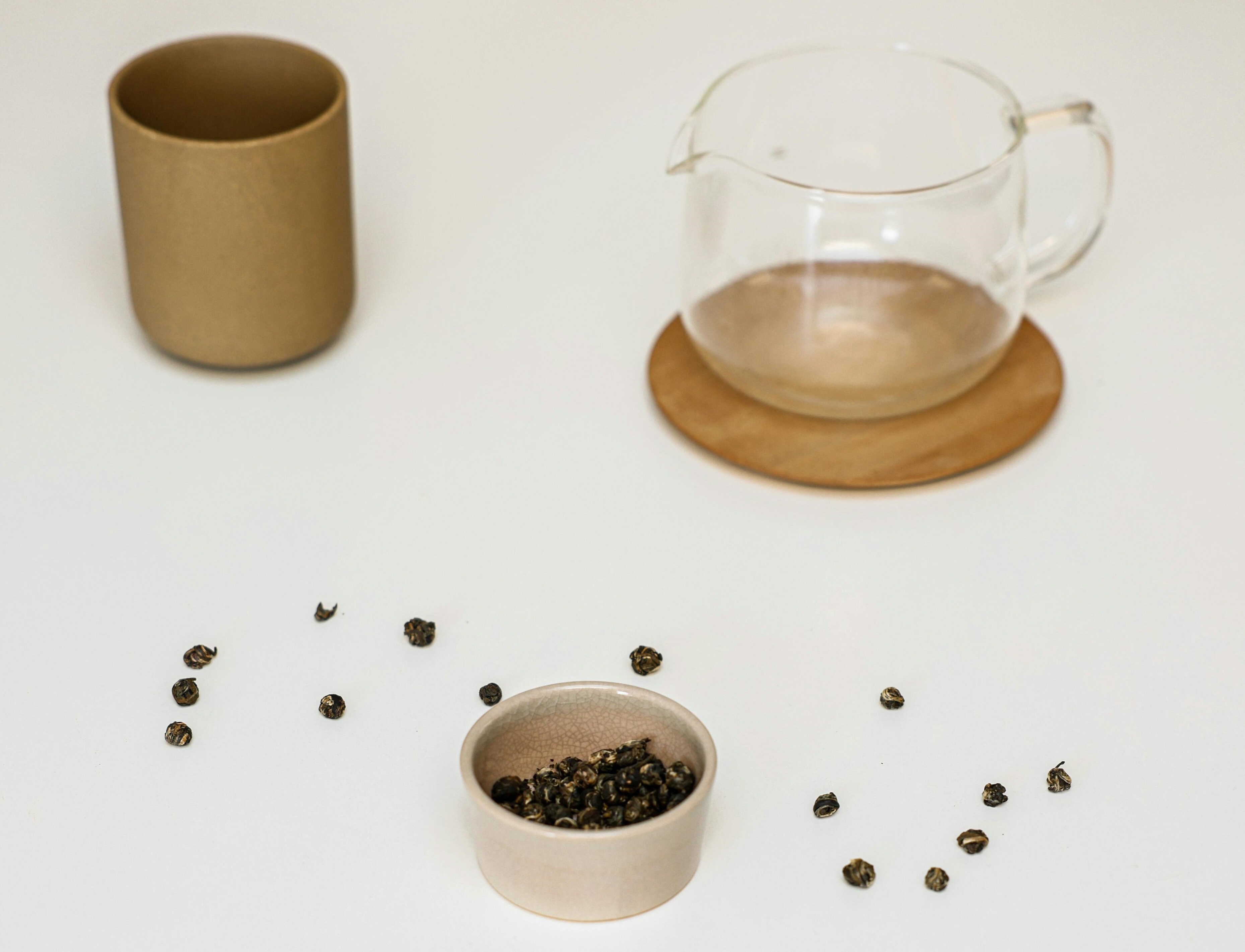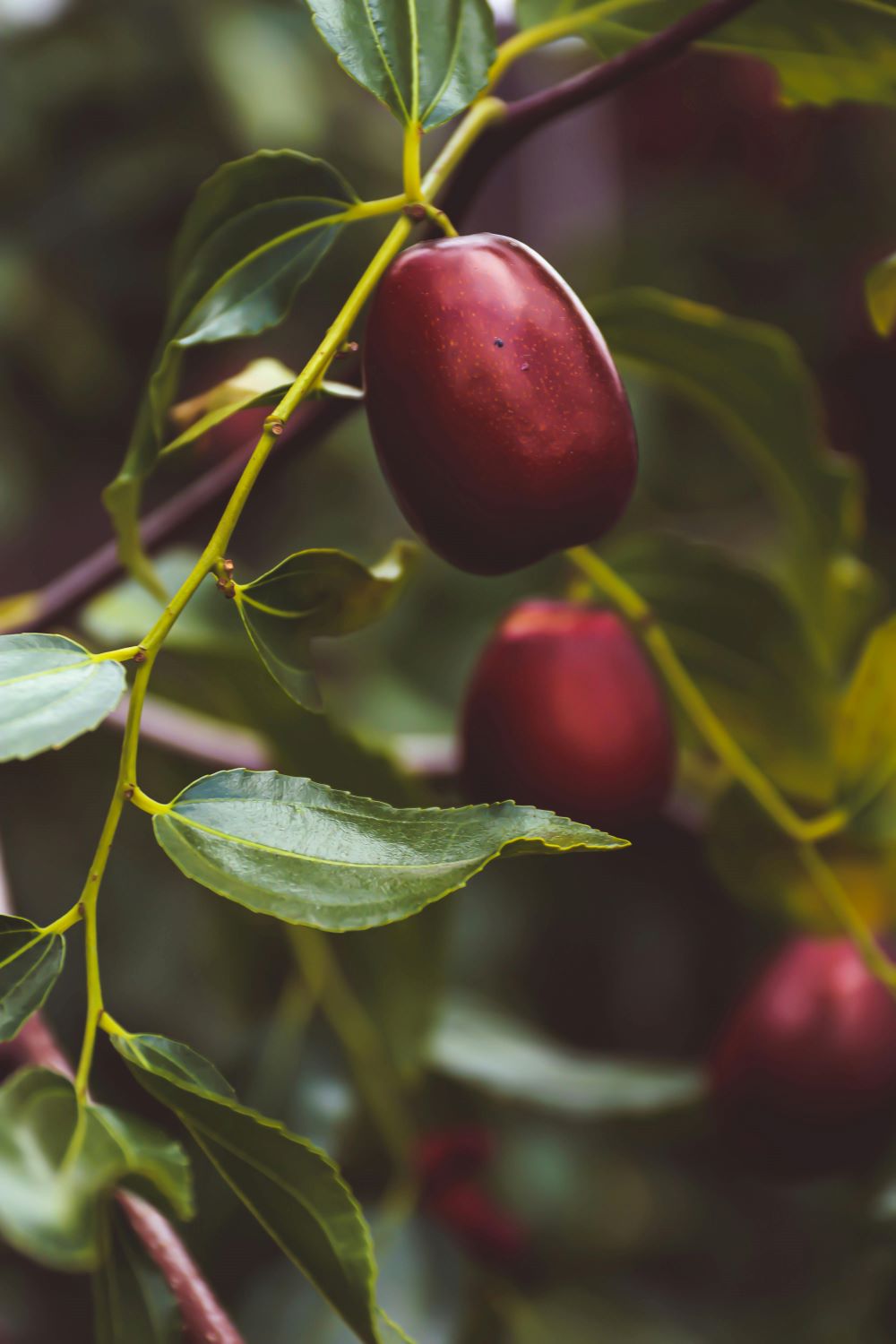Osaka Metropolitan University finds Ziziphus jujuba herb may help fight against cognitive decline.
Recent research from Osaka Metropolitan University, accessible through the preprint archives of eLife, sheds new light on the potential of traditional medicinal herbs in combating cognitive decline associated with neurodegenerative diseases like Alzheimer’s and Parkinson’s. Led by Professor Takami Tomiyama, the research team specifically explored the effects of Ziziphus jujuba Miller var. spinosa, a type of jujube widely used in traditional Chinese medicine, to determine whether it could help restore cognitive and motor functions in lab mice showing dementia symptoms.
The team’s study is part of a growing interest in ancient medicinal plants for their possible health benefits, especially in fields like neuroprotection, where conventional pharmaceutical approaches have had limited success. These plants, often used for centuries in traditional medical practices across various cultures, contain compounds that may have unique properties relevant to modern-day diseases. In this case, Ziziphus jujuba (specifically its seed, known as Zizyphi spinosi semen) was chosen due to its historical use in treating symptoms like insomnia and anxiety, which are often present in patients with neurodegenerative conditions.
To test the effects of this medicinal herb, the team prepared a hot water extract from the seeds of Ziziphus jujuba and administered it to the mice. The results were remarkable: mice treated with the extract displayed significant improvements in both cognitive and motor functions. Beyond just maintaining their abilities, the treated mice showed a near-complete restoration of function, suggesting that this ancient herb could have potent neuroprotective effects. These promising initial findings led to the researchers trying a second method of preparation, where the seeds were simply crushed into a fine powder. Mice receiving this powdered form showed impressive cognitive recovery, in some cases performing better than control mice that had no dementia symptoms at all.

Interestingly, the powdered seeds also appeared to influence cellular aging in these rodents. Older animals treated with the powder showed reductions in markers of cellular aging and improved cognitive performance, nearly matching that of much younger mice. This aspect of the research is particularly exciting, as it suggests that Ziziphus jujuba seeds could have anti-aging properties, opening up potential applications not only for neurodegenerative diseases but also for age-related cognitive decline and its effects, more generally.
The implications of these findings could be significant for developing new, accessible treatments for neurodegenerative diseases. Current pharmaceutical options for conditions like Alzheimer’s and Parkinson’s often focus on managing symptoms rather than reversing decline, and their effectiveness can vary widely. By contrast, plant-based therapies might offer a safer, more natural approach, one that leverages the body’s own regenerative capacities. The Osaka research team’s findings build on their previous studies, where other traditional herbs like Hawaiian mamaki and Chinese Acorus gramineus demonstrated similar neuroprotective benefits in animal models.
The team believes that these plant-derived compounds hold considerable promise for future dementia treatments, especially as preventative products. As more middle-aged and elderly individuals look for ways to maintain cognitive health, plant-based compounds could represent a more approachable and potentially safer solution. The findings may encourage further research into how these traditional herbs interact with neural pathways and whether their effects are replicable in human subjects. Although the work is still in early stages, it highlights a growing movement in science to reconsider the potential of traditional medicine in the fight against modern diseases.


Join the conversation!